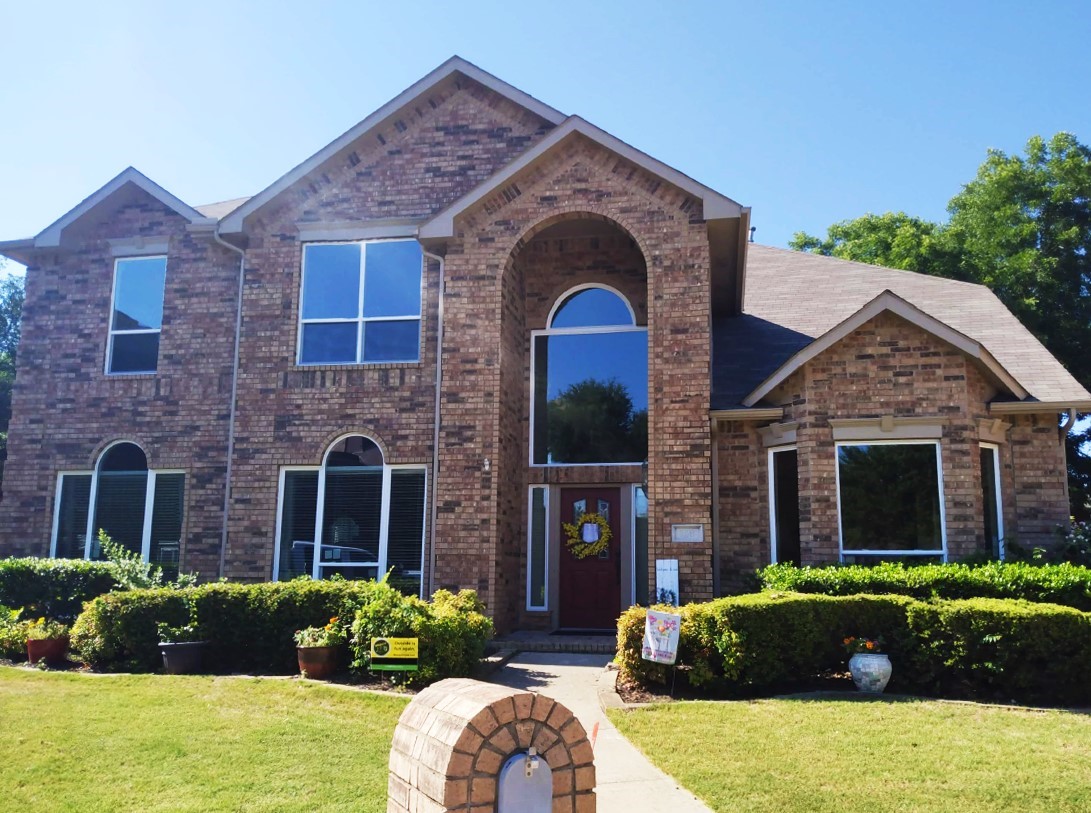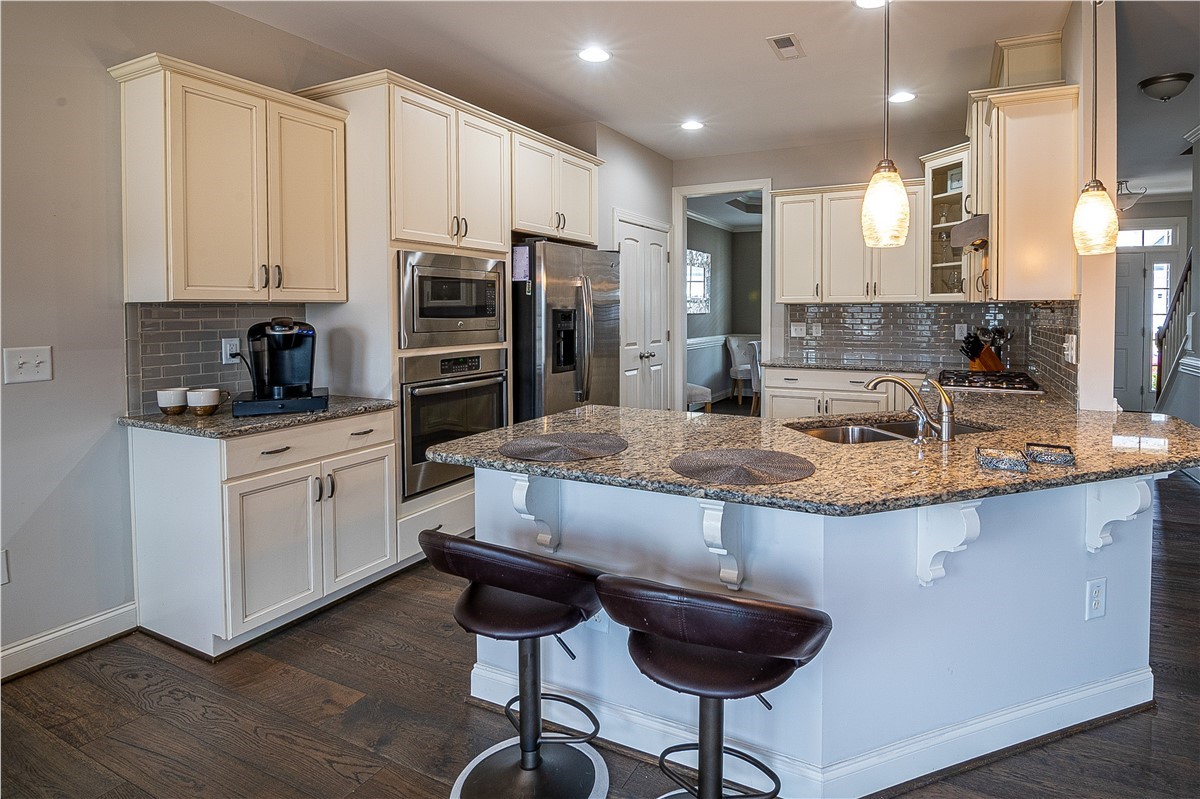In today's modern world of energyconservation and awareness it is important to keep an eye on the resources youuse daily, not only for the planet, but for your wallet as well. A commonquestion that many homeowners ask is how much water do they use and whatactivities in their home contribute to water waste and energy loss? An everydayshower or bath can flush gallons of clean water down the drain and knowingwhich method of self-care uses less resources can help. Keep reading to findout what uses more water, a shower or a bath, and how to cut back on any energywasting habits.
Why a Shower?
Many of us love a hot shower at theend of a long day and do our best thinking under the shower head. The good newsfor shower lovers is that, on average, a ten-minute shower uses less water thana fully filled bathtub. The average bathtub holds up to thirty-six gallons ofwater or more, while a ten-minute shower usually uses about twenty-five gallonsor less, depending on the duration. If you're looking for a more energyefficient way to clean the day off, a shower may be the right way to go foryour home and your wallet.
Shower Gallons Per Minute
If you're wondering how long yourshower should be to make the most of your water bill, you're not alone. Onaverage, each shower uses approximately two gallons per minute, coming out to alittle less than twenty-two gallons for the entire process. How long is theaverage shower? The consensus is about eight minutes. So, if you take a roughlyten-minute shower, you're using less water than a standing bath, and you'll seeyourself start to save money every month. If you want to cut your water billdown even further, you can try shaving your shower time down to five minutes,using half of the total amount of water at about eleven gallons.
Bath vs Shower Water Usage
So, how many gallons in a bathtubget filled with water when you take a bath? A typical bathtub takes upwards offorty-two gallons of water to fill to the brim, already pushing it well overthe threshold of a ten-minute shower. Some baths even require as much asseventy gallons or more to get the job done. Of course, your bath using morewater than your shower does heavily depend on the duration of the showers youtake. If you take a forty-five-minute shower you'll be using almost fiftygallons of water, which may come out to more than your forty-two-gallon bath.At the end of the day, your water usage depends on how large your tub is versushow long your showers last. Weighing these two facts may help you determinewhich one is best for your needs. Also, consider that bath water gets colderover time, and you may end up filling your tub with additional hot water tofigure out how to keep your bathtub water hot.
How to Take Shorter Showers
The shorter the shower, the moremoney you'll save. But have no fear; if you're one of those types of people whowant to save water by taking showers, but enjoy showers that last more than tenminutes, there are many tips and tricks you can use to cut your shower time inhalf. An enjoyable trick that you may find useful is creating a ""showerplaylist"" of music that times out to exactly ten minutes. Set your phoneaside and let the music play as you wash, and once the playlist is done, makesure to shut the water off. Another good idea that can help you save time andwater is switching to a water efficient shower head or learning to take navyshowers. Learn more about how to reduce your daily hot water use on the Energy.gov site.
Of course, the most importantaspect of enjoying your time in your bath or shower is having the right oneinstalled in your home. A shower with all the proper energy conservingfeatures, paired with an aesthetic and style that you love, will make your timein it more enjoyable and energy efficient. If you're looking to research moreabout the various styles of showers or tubs that you can have installed in yourhome, Expo Home Improvement offers a variety of services atyour disposal, including one-day installations. Sift through the variousoptions and figure out what style shower or bath is right for you, then putyour energy savings tactics into practice.
Tags
Subscribe to Expo Home Improvement's Blog







